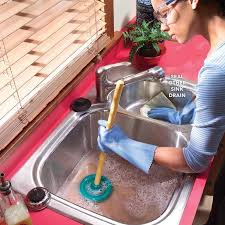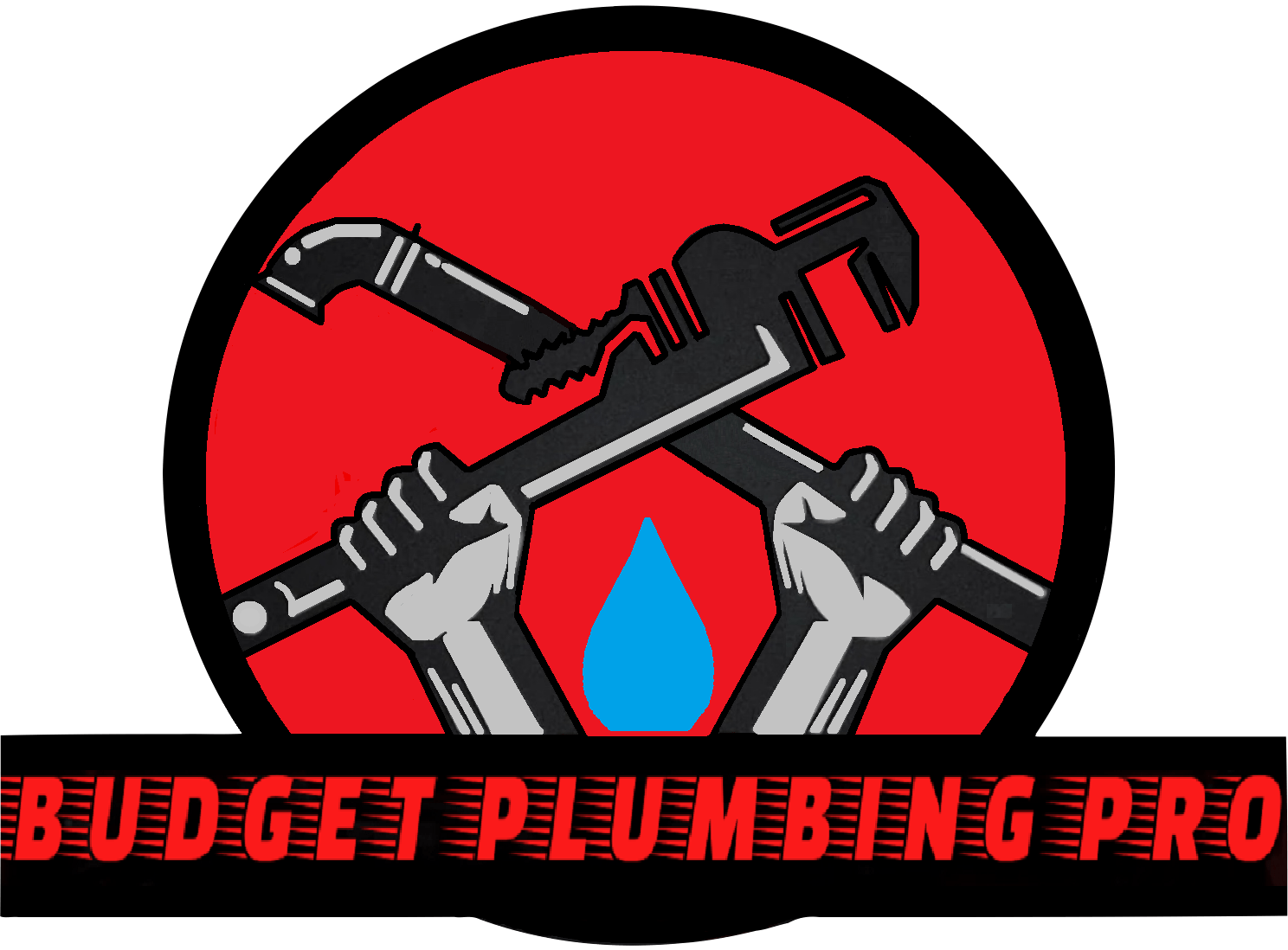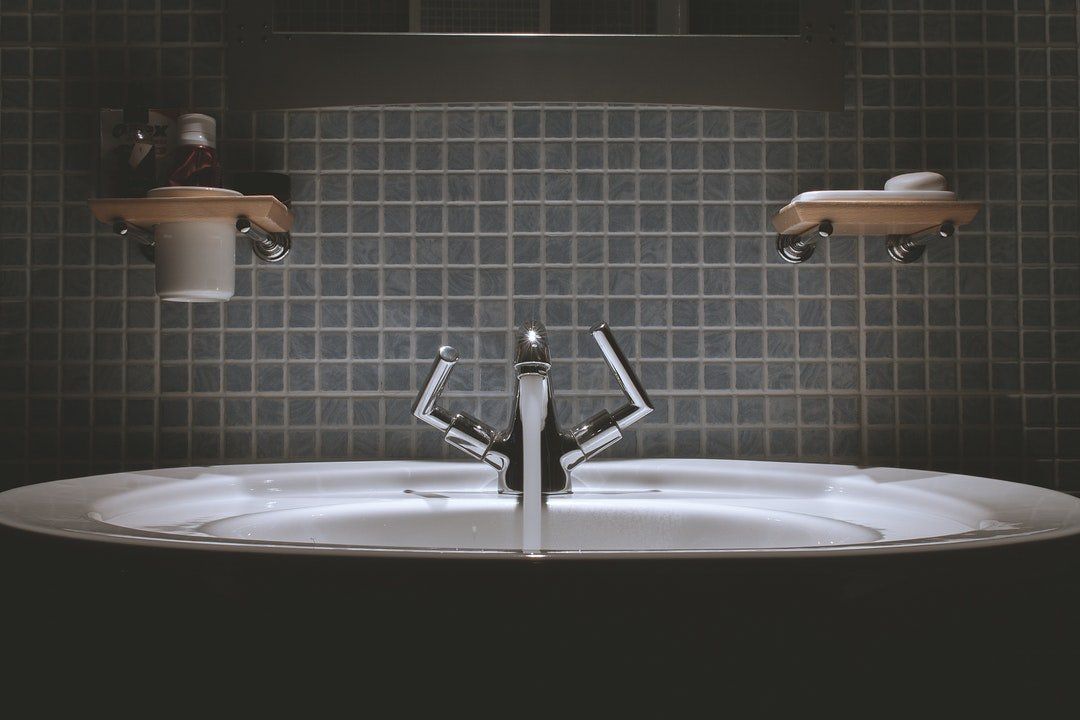7 Useful Tips For New Homeowners
If you are a first time homeowner, you may want to read this. I am going to tell you about 7 tips that a journeyman plumber told me about after purchasing my first house. I promise it'll save you money/time.
*Know What is Flushable and What is Not...
Although you have probably seen many things flushed down the toilet or dumped in the sink, or maybe you have done it yourself, this
is a big plumbing no-no! Things such as grease, Q-tips, wipes, sanitary napkins, cotton balls and etc. will wreak havoc on your sewer/septic tank and will eventually cause thousands of dollars worth of damage.
*Know Where Your Shut-Off Valve is Located...
While you are moving all of your beautiful furniture and such into your new home, you should acquaint yourself with the location of the water shut-off valve. It is important to know its location because in case of a water leak or emergency, you can quickly shut it off. Another thing you want to acquaint yourself with is the location of your clean out. This is usually located somewhere in the yards perimeter and always outside. Some houses may not have one which makes it more difficult and more expensive to clear a clog.
*It's Easy to DIY Replacement Parts Inside Your Toilet...
There are a few plumbing fixtures you should avoid doing yourself if you are new to plumbing. This includes the main pipeline leading to the shower, sink, or toilet. Other than that, there are some simple parts in your toilet and faucets that you can replace yourself. One of these include changing your faucet's cartridge or your toilet flapper. A worn down flapper is easily spotted by a leaking toilet bowl.
They're super cheap and easy to replace. A leaking faucet can also be fixed by you and that consists of replacing the inner cartridge.
*Use a Vacuum and/or Chemicals (ie. Drano) to Unclog a Drain...
A clogged drain may seem like a catastrophic plumbing issue, but usually they are easy to unclog with either liquid chemicals (Drano) or a wet-dry vac. If you are like me, then you didn't know a wet-dry vac could be used for such an issue.
If there is an item stuck in your pipe, like a toy or brush, use a wet-dry vacuum to suction it out. If you have a backed up or clogged drain, there are chemicals that can be used to dissolve the gunk that's clogging your drain. But, if you are like me, I was always told not to use those chemicals because they cause more damage and therefore, money, down the line. If for whatever reason you have to use the chemicals, it should be used super sparingly sparingly because they can damage the inside of plumbing pipes as well as animals in the environment. Lastly, a drain snake is also highly effective at clearing your drains after only a few tries.
*Don't Over-Tighten Your Pipe Fittings...
One of the most common DIY plumbing fails is, to over-tighten fittings and connections between pipes and drains.
This will eventually lead to stripped/broken screws and/or, bolts which will lead to costly leaks. Keep this in your mind: ''hand tight is just right," as it can be useful. In conclusion, fittings should be tight enough so that they can be loosened by wrench in hand and nothing more.
*Thread Tape is Far Handier Than You Think...
Instead of resorting to a thread sealent compound, or pipe dope for short, I use "plumbers tape"/ thread tape instead. It's known that the sealent compound can drip and smear, which causes a nasty mess. Thread tape is easy to use, available at any local hardware and performs the same job. When choosing a thread tape, go for one that's white in color, and thicker because they are easier to handle. To ensure effective threading, roll the tape counterclockwise at least three times.
*Identify When Your Septic Tank is Acting Up
If your plumbing relies on a septic tank system, scheduled maintenance is critical to the upkeep of it . There are a few signs to be on the lookout for, as a septic tank backup can wreak disaster on your home and plumbing. There's a chance that unwanted toilet backup can overflow into your house if the tank sediment builds up and goes untreated. This is exactly why you have to make it a priority to check on your septic tank system regularly. Here a few warning signs to keep in mind: Your lawn has changed color -- it may look greener than usual (extra "water"
fertilizer).
There are wet patches in your yard, especially around the septic tank .
There is a strong odor coming from the septic tank. If you notice any of these signs, don't wait to call in the services of a plumber ASAP. Septic tank maintenance should never be neglected as it can cost you both money and the health of your family in the long term.
I hope these plumbing tips have inspired something inside of you to do a good inspection of your home plumbing system. Plumbing maintenance may not by a top priority to many people , but im here to tell you that it really should be. If you have any plumbing issues that require a plumber, we are your go-to for affordable, warrantied, and hassle free service, licensed plumbers, long term partnerships, and unrivaled experience/prices/warranties.
Contact us with all of your plumbing needs and we will gladly give you a free estimate... (707)218-3044
Spread The Tips/Tricks/Blogs
You might also like



